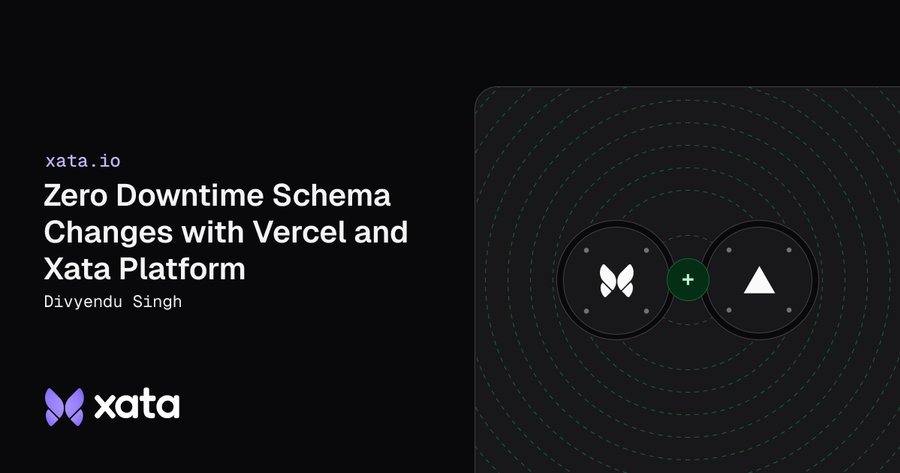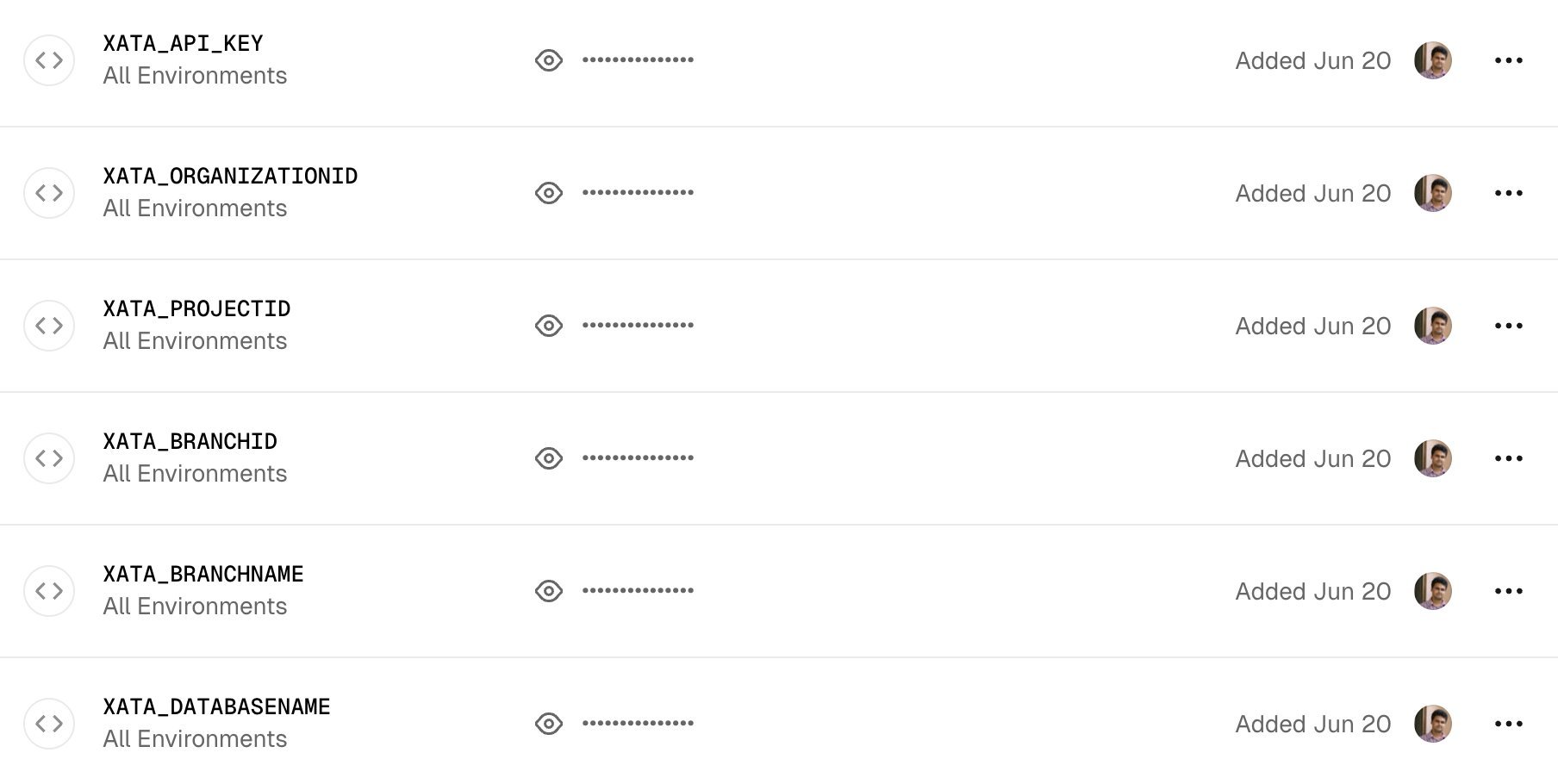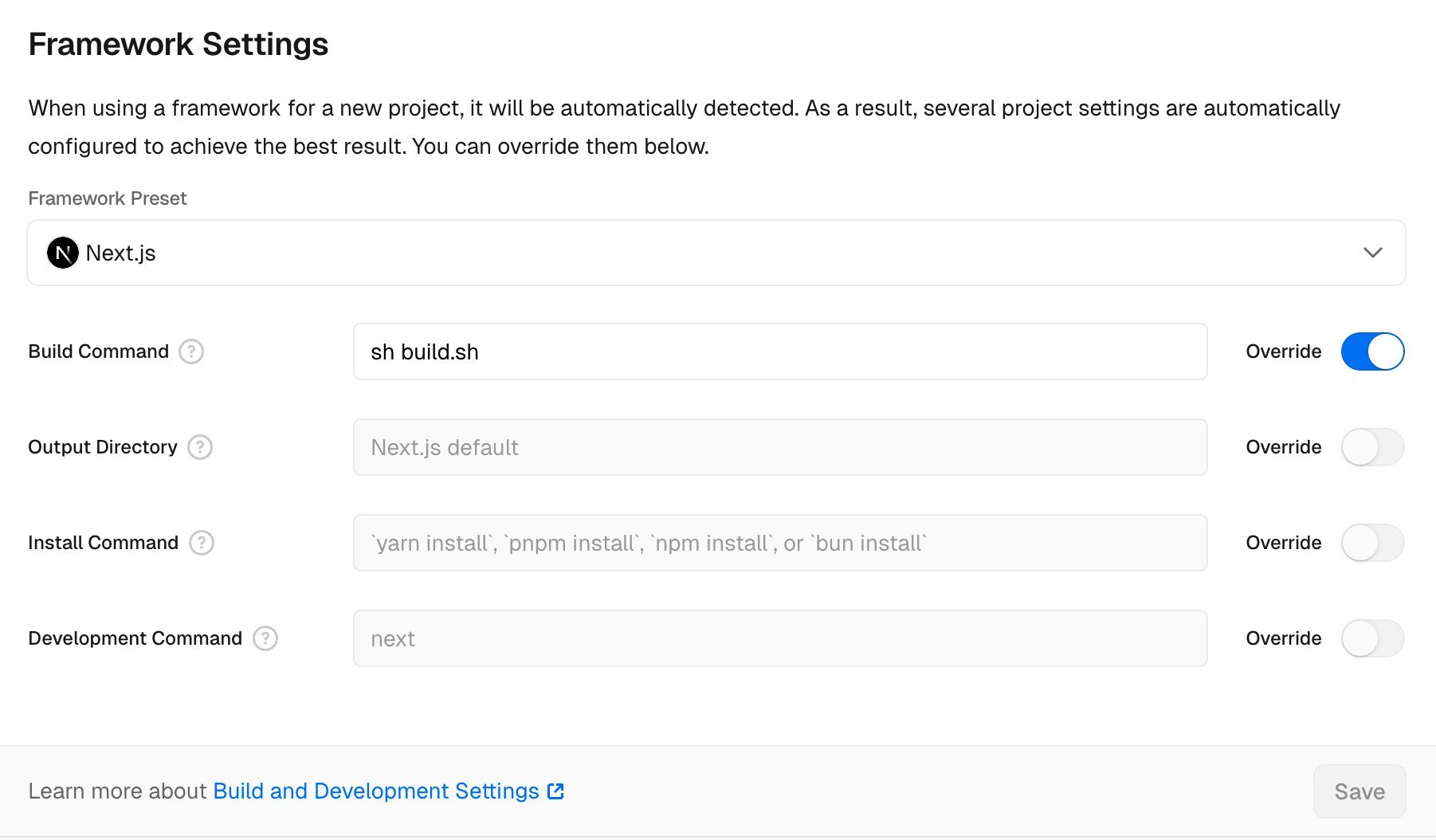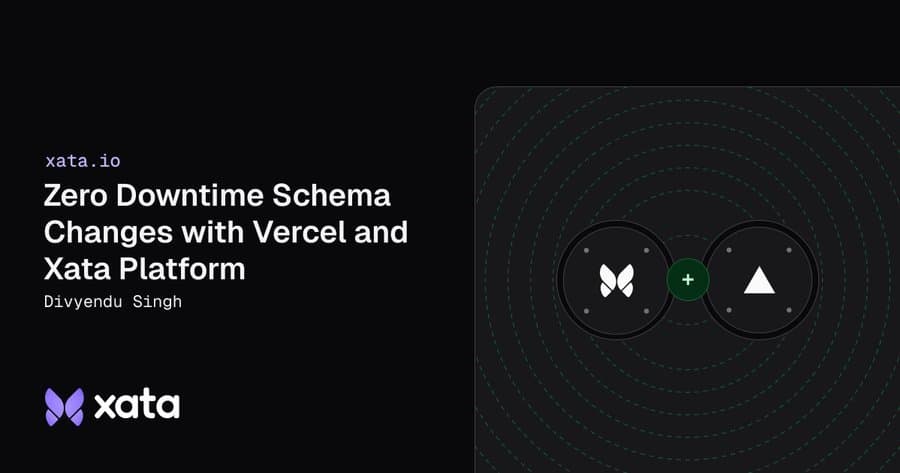Database schema changes traditionally risk production downtime and deployment headaches. Xata's pgroll-powered platform combined with Vercel's preview deployments enables instant Postgres branches and multi-version schemas, revolutionizing how teams handle migrations in CI/CD pipelines. This approach eliminates locking conflicts and simplifies the expand-contract pattern.
For developers managing database schemas in production environments, migrations have long represented a high-risk operation. Traditional approaches often involve painful trade-offs: table locks that block writes, complex coordination of application rollouts, and the tedious split of schema changes across multiple pull requests using the expand-contract pattern. Backfilling large datasets adds further complexity, slowing development cycles.

Xata tackles these challenges head-on with its open-source pgroll migration engine, integrated directly into its platform. The solution combines three revolutionary capabilities:
- Instant Postgres Branches: Using
xata branch create, teams spin up database branches with copy-on-write efficiency. These branches inherit production data (optionally anonymized) for realistic testing without storage bloat. - Lock-Free Migrations: pgroll migrations avoid blocking writes by default through its underlying architecture.
- Multi-Version Schemas: Instead of altering schemas in-place, pgroll maintains simultaneous schema versions via database views. This allows different application instances to interact with the schema version they expect during deployments.

The graphic above illustrates how pgroll maintains multiple active schema versions during deployment rollouts, eliminating version mismatch errors.
The Vercel Integration Magic
Where this becomes transformative is in combination with Vercel's preview deployments. Xata's CLI integrates directly into Vercel's build process:
# Sample build.sh workflow
#!/bin/bash
bun run build.ts
During the build phase, a script (build.ts) executes critical operations:
- Downloads the latest Xata CLI
- Creates a database branch mirroring the PR's parent branch
- Executes
xata roll migrateto test schema changes against the branch - Generates a version-specific connection URL using
xata roll url
 Vercel environment variables configuration for Xata integration
Vercel environment variables configuration for Xata integration
This ensures each preview deployment connects to a database branch with the exact schema version the application expects. The search_path parameter in the connection string automatically routes queries to the correct schema view.
Production-Grade Safety Nets
Xata supplements this with crucial safeguards:
- Merge Readiness Checks: GitHub Actions verify no conflicting migrations are running before merging
- Automated Data Cloning: Scheduled
xata clonejobs create anonymized production copies for staging - Migration Completion: Post-deploy,
xata roll completeconsolidates schemas after all instances update
{{IMAGE:4}} Build command configuration in Vercel triggering the migration workflow
By treating database branches like code branches and decoupling schema versions from physical tables, Xata eliminates the most painful aspects of database migrations. Developers can now implement expand-contract patterns in single pull requests, test against production-sized datasets instantly, and deploy schema changes as fearlessly as code updates.
The convergence of immutable infrastructure via Vercel and Xata's database versioning represents a paradigm shift. As deployment velocities increase, these innovations finally bring database workflows up to speed with modern application development practices – turning schema migrations from dreaded events into routine operations.
Source: Zero Downtime Schema Changes with Vercel and Xata (Xata Blog, July 2025)

Comments
Please log in or register to join the discussion